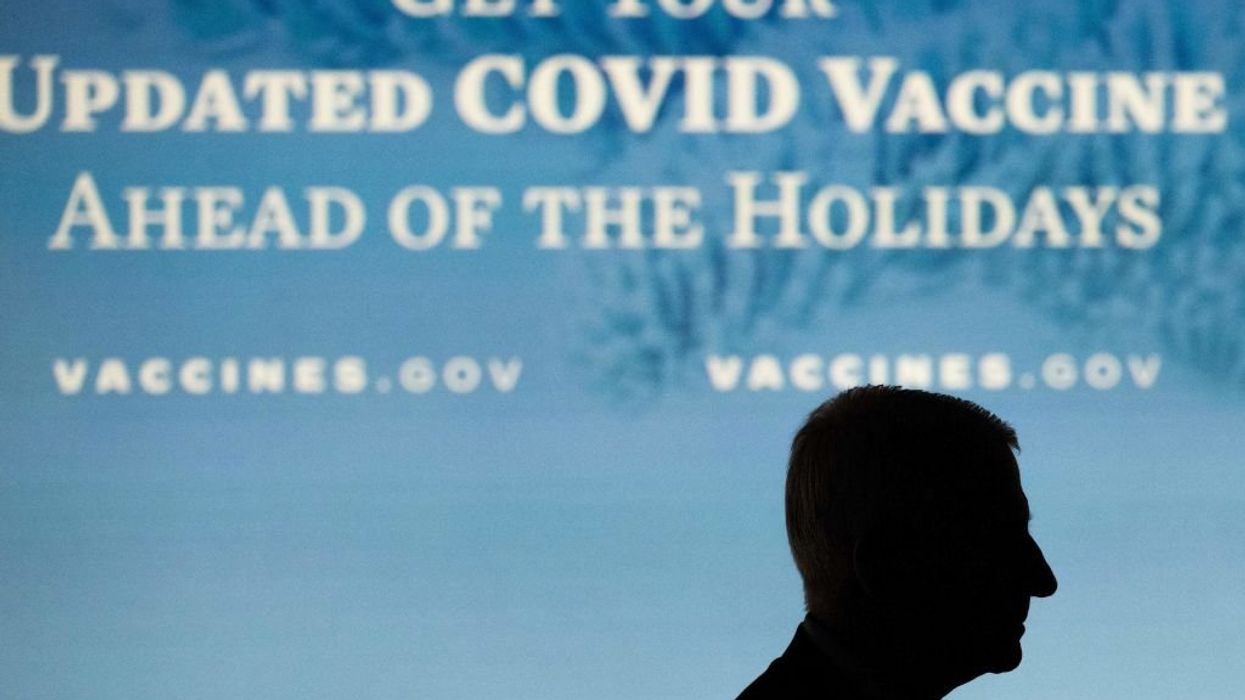by Paul Sacca, The Blaze:
 People with natural immunity to COVID-19 have better protection against the respiratory disease than those who received mRNA vaccines, according to a new study.
People with natural immunity to COVID-19 have better protection against the respiratory disease than those who received mRNA vaccines, according to a new study.
A group of researchers from Estonia took a pool of 329,496 adults between Feb. 26, 2020, and June 25, 2021.
The analysis was based on data from 246,113 individuals who qualified as one of four categories. The scientists categorized the individuals as those with no immunity against COVID, those with natural immunity from previously being infected, those who had vaccine-induced immunity, and those who had both natural immunity and who were vaccinated against SARS-CoV-2.
TRUTH LIVES on at https://sgtreport.tv/
“Natural immunity conferred substantial protection against COVID-19 hospitalization,” the authors of the study wrote. “Our study showed that natural immunity offers stronger and longer-lasting protection against infection, symptoms, and hospitalization compared to vaccine-induced immunity.”
The Epoch Times reported, “People who received a vaccine were nearly five times as likely as the naturally immune to test positive for COVID-19 during the Delta era and 1.1 times as likely to test positive for COVID-19 during the Omicron era, researchers in Estonia found.”
Individuals who were vaccinated against COVID were seven times as likely to be hospitalized during the Delta variant era, and two times when the Omicron variant was spreading, according to the outlet.
The study declared that hospitalization due to COVID was “extremely rare” for those with hybrid immunity. The researchers discovered that hybrid immunity had “substantially lower rates of reinfection” than those with natural immunity. However, the protection was diminished during the Omicron period.
The Estonian researchers noted, “Studies on the effectiveness of COVID-19 vaccines suggest that protection against SARS-CoV-2 decreases over time, waning considerably after six months.”
The authors concluded, “Our findings suggest that the risk of infection (and of developing severe disease) is affected not only by age and comorbidities but also by personal history of immunity-conferring events and by the viral variant responsible for the epidemic. Therefore, personalized risk-based vaccination strategies could be both effective and cost-effective.”
The study was published on Nov. 21 in Scientific Reports – a peer-reviewed journal that is part of the Nature Portfolio and covers natural sciences, psychology, medicine, and engineering.



